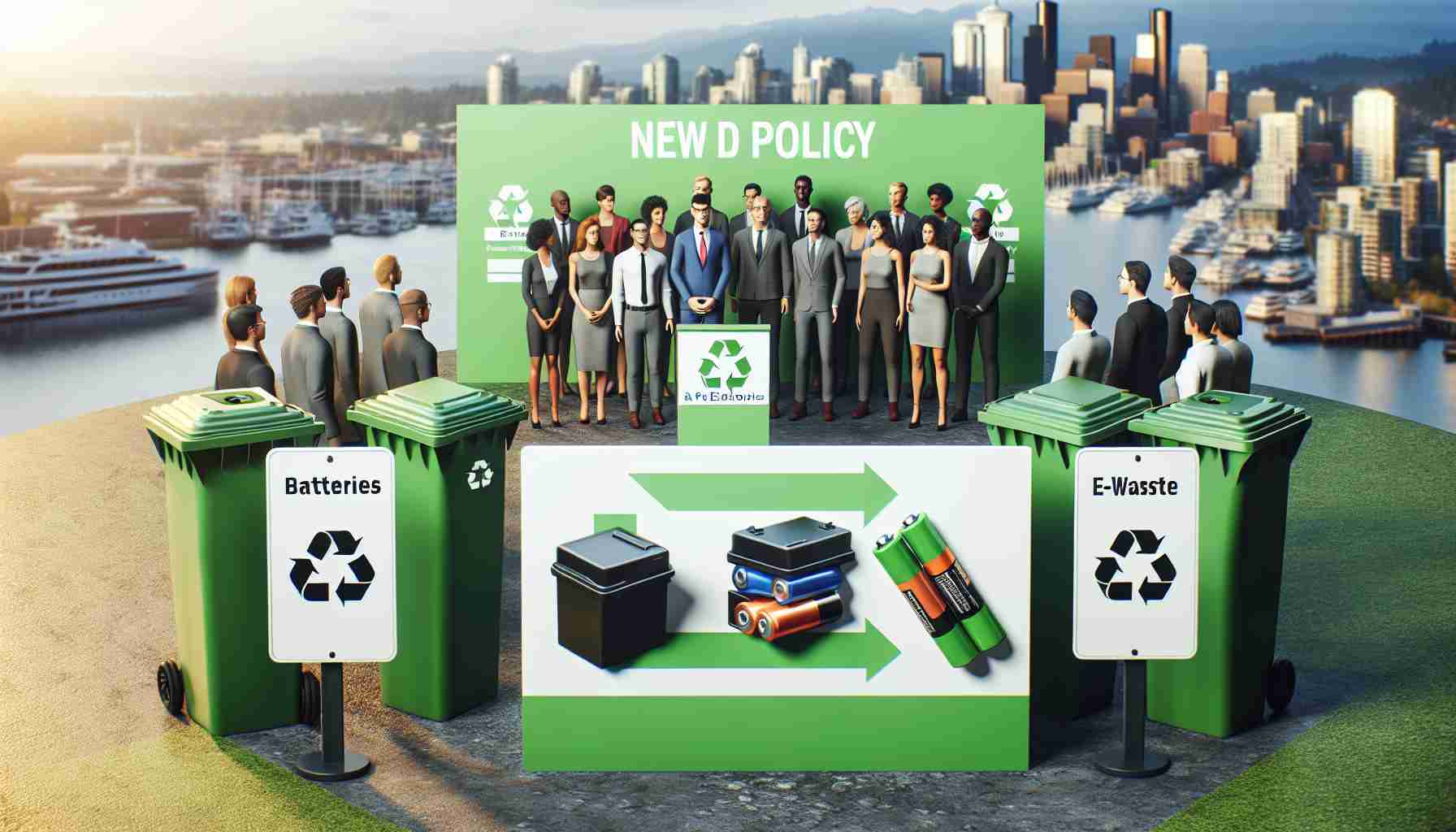Seattle residents are being encouraged to reconsider how they dispose of batteries and electronics. As of January 1, 2024, the City of Seattle has banned the disposal of batteries in garbage and recycling bins. Instead, individuals are urged to use designated disposal sites provided by Seattle Public Utilities or explore alternative services such as Call2Recycle.
The implementation of this new policy stems from concerns over the hazardous chemicals found in batteries and the increased risk of fire accidents. Just in the past two years, the Seattle Fire Department has responded to a total of 79 fires caused by lithium-ion batteries. This worrying trend is closely associated with the growing popularity of e-scooters, e-bikes, and portable electronics.
Batteries, whether they are small button cells or larger alkaline and lithium-ion ones, contain toxic elements like mercury, lead, cadmium, and lithium. Improper disposal can result in the leakage of corrosive battery acid, posing significant risks to human health and the environment. However, these metals hold value and can be recycled to manufacture new electronic products.
Mayor Bruce Harrell acknowledges the confusion surrounding battery disposal and emphasizes the importance of the new policy in providing clarity and ensuring the safety of communities and city employees. Seattle is well-known for its commitment to sustainable practices, and this rule demonstrates their ongoing dedication to protecting both people and the planet.
To safely dispose of batteries, residents are advised to drop them off at designated locations such as the SPU North or South transfer stations, household hazardous waste facilities, or partnered retail locations. As for electronics, they can be disposed of at the SPU North transfer station or E-Cycle WA locations. A special item pickup service is also available for a fee of $5 for batteries and $20-$30 for electronics.
Seattle’s proactive approach in raising awareness and providing accessible disposal options sets a positive example for other cities grappling with the growing issue of battery and electronic waste. For more information on how to properly dispose of batteries and electronics, please visit the official City of Seattle website.
Definitions:
1. Seattle Public Utilities – City services responsible for waste management and water supply, among other things.
2. Call2Recycle – A service specializing in the recycling of batteries and other electronic products.
City of Seattle – Battery Recycling
The source of the article is from the blog procarsrl.com.ar
